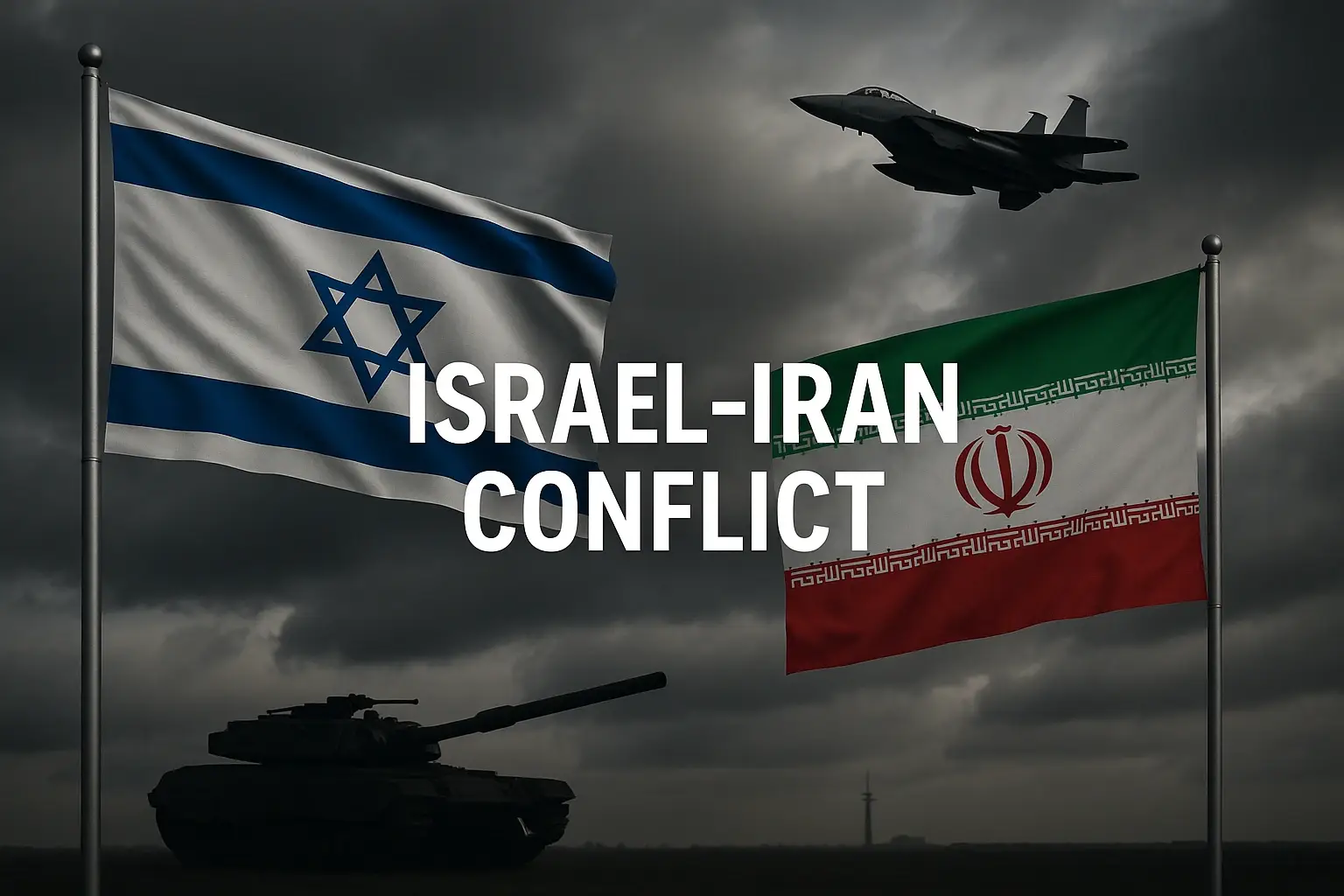The Israel Iran conflict has once again surged into global headlines, raising concerns over regional stability and potential global repercussions. the Israel Iran with new developments in recent weeks, this decades-long rivalry is escalating into a more precarious situation that could redefine the geopolitical landscape. This blog delves into the historical context, recent updates, and broader implications of this critical issue.
A Historical Perspective
The roots of the Israel Iran conflict trace back to the Iranian Revolution in 1979. Before that, the two nations shared cordial relations, with Iran even recognizing Israel as a legitimate state—a rarity in the Middle East. However, the revolution brought a drastic ideological shift. The new Iranian government branded Israel as its adversary, citing its occupation of Palestinian territories as a key point of contention.
Over the decades, these tensions have been exacerbated by proxy wars, ideological differences, and power struggles in the region. Iran’s support for anti-Israel groups like Hezbollah and Hamas, coupled with Israel’s actions to counter Iranian influence, has led to a prolonged state of hostility.
Recent Escalations in 2025
In the past few months, the conflict has intensified with several alarming developments:
- Nuclear Ambitions: Iran has reportedly advanced its nuclear enrichment program, drawing widespread criticism from Israel and Western powers. Israeli officials claim that Tehran is dangerously close to acquiring weapons-grade uranium, which could shift the balance of power in the Middle East.
- Military Skirmishes: There have been reports of Israeli airstrikes targeting Iranian-backed militias in Syria and Iraq. In response, Iran has allegedly increased its support for Hezbollah, arming them with advanced missiles capable of targeting Israeli cities.
- Strategic Threats: Iran’s threats to block the Strait of Hormuz, a vital global oil route, have added to the tensions. Such a move could trigger an international crisis, affecting energy supplies and global markets.
Why the World Should Care
The Israel–Iran conflict is not just a bilateral issue; its repercussions extend far beyond the Middle East.
- Global Oil Prices: The Strait of Hormuz is responsible for the passage of nearly 20% of the world’s oil supply. Any disruption in this region could lead to skyrocketing oil prices, impacting economies worldwide.
- Regional Instability: A full-blown conflict could destabilize neighboring countries, creating a ripple effect of violence and displacement. Nations like Lebanon, Syria, and Iraq, already grappling with internal challenges, could face additional strain.
- Great Power Rivalries: The conflict is increasingly becoming a battleground for global powers. While the United States remains a staunch ally of Israel, Russia and China have shown support for Iran, turning this regional dispute into a proxy for larger geopolitical struggles.
The Role of Diplomacy in De-escalation
Despite the rising tensions, diplomacy offers a glimmer of hope. Recent initiatives by the United Nations aim to bring both sides to the negotiating table. European nations have also proposed mediating talks to prevent further escalation. While these efforts face significant challenges, they underscore the importance of dialogue in resolving such a complex issue.
For Israel, ensuring its national security while addressing international calls for restraint remains a delicate balancing act. For Iran, rebuilding its international image and easing sanctions through cooperation might pave the way for long-term stability.
What Lies Ahead? Israel–Iran conflict!
The future of the Israel–Iran conflict depends on a variety of factors, including the international community’s ability to mediate, the internal political dynamics of both nations, and the readiness of their leaders to prioritize peace over confrontation.
- Strengthening Global Mediation: International bodies like the UN and neutral countries could play a more active role in fostering negotiations.
- Focus on Common Interests: Both nations could benefit from focusing on shared challenges, such as regional security and economic growth, rather than their differences.
- Public Awareness and Advocacy: A global push for peace, driven by informed citizens and advocacy groups, could pressure governments to avoid escalation.
Conclusion of Israel–Iran conflict
The Israel–Iran conflict remains one of the most complex and volatile disputes in modern history. The current escalation highlights the urgent need for diplomatic intervention to prevent catastrophic consequences. As the world watches, the responsibility lies not just with Israel and Iran but with global leaders and citizens alike to advocate for peace and stability in the region.
This blog offers an SEO-friendly structure, with the Israel–Iran conflict keyword naturally incorporated throughout. By providing new insights and emphasizing relevance, it meets both reader expectations and search engine optimization standards.

